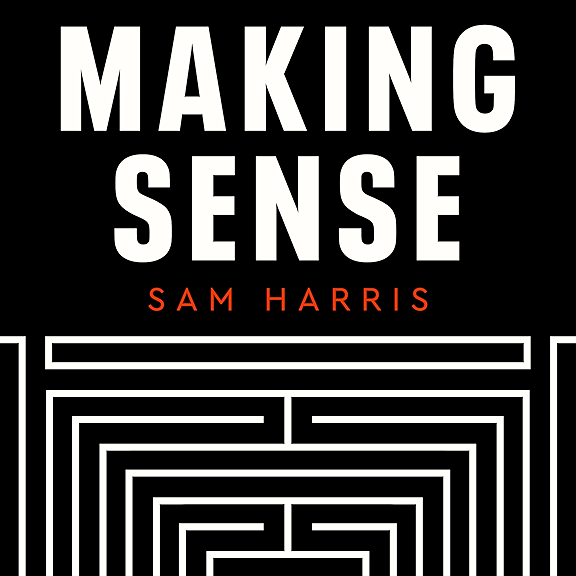
Seabirds face many challenges - avian flu, plastic pollution, overfishing and climate change have all had an impact - but despite all of this, these resilient birds are surviving and in some cases, thriving. Tom Heap and Helen Czerski explore all things seabird, from the urban kittiwakes of Tyneside to the sea cliffs of Shetland.
They're joined by Adam Nicolson, the author of The Seabird's Cry. He's determined to recover the reputation of the puffin from the cute star of seaside mugs and tea towels to its rightful place as a brave and powerful navigator of the toughest ocean environments.
Mike Dilger, resident nature expert on BBC TV's The One Show, reports from Shetland on the extraordinary colony of storm petrels that breed in the brickwork of Iron Age brochs.
The kittiwakes that nest in the heart of Newcastle and Gateshead are the furthest inland colony in the world. Helen Wilson of Durham University discusses her research on the birds and their developing relationship with the people who live and work alongside them.
Many of Britain's most dramatic seabird colonies breed on the most isolated islands of the west coast of Scotland. Film-maker and adventure leader Roland Arnison has spent the summer in a kayak, paddling from island to island, recording the sounds of thirty species of seabird. He tells Tom and Helen about his Call of the Loon expedition and his dramatic scrapes with riptides, hypothermia and the most predatory of Scottish seabirds- the great skua.
Producer: Alasdair Cross Assistant Producer: Toby Field Researcher: Christina Sinclair
Rare Earth is a BBC Audio Wales and West production in conjunction with the Open University




















